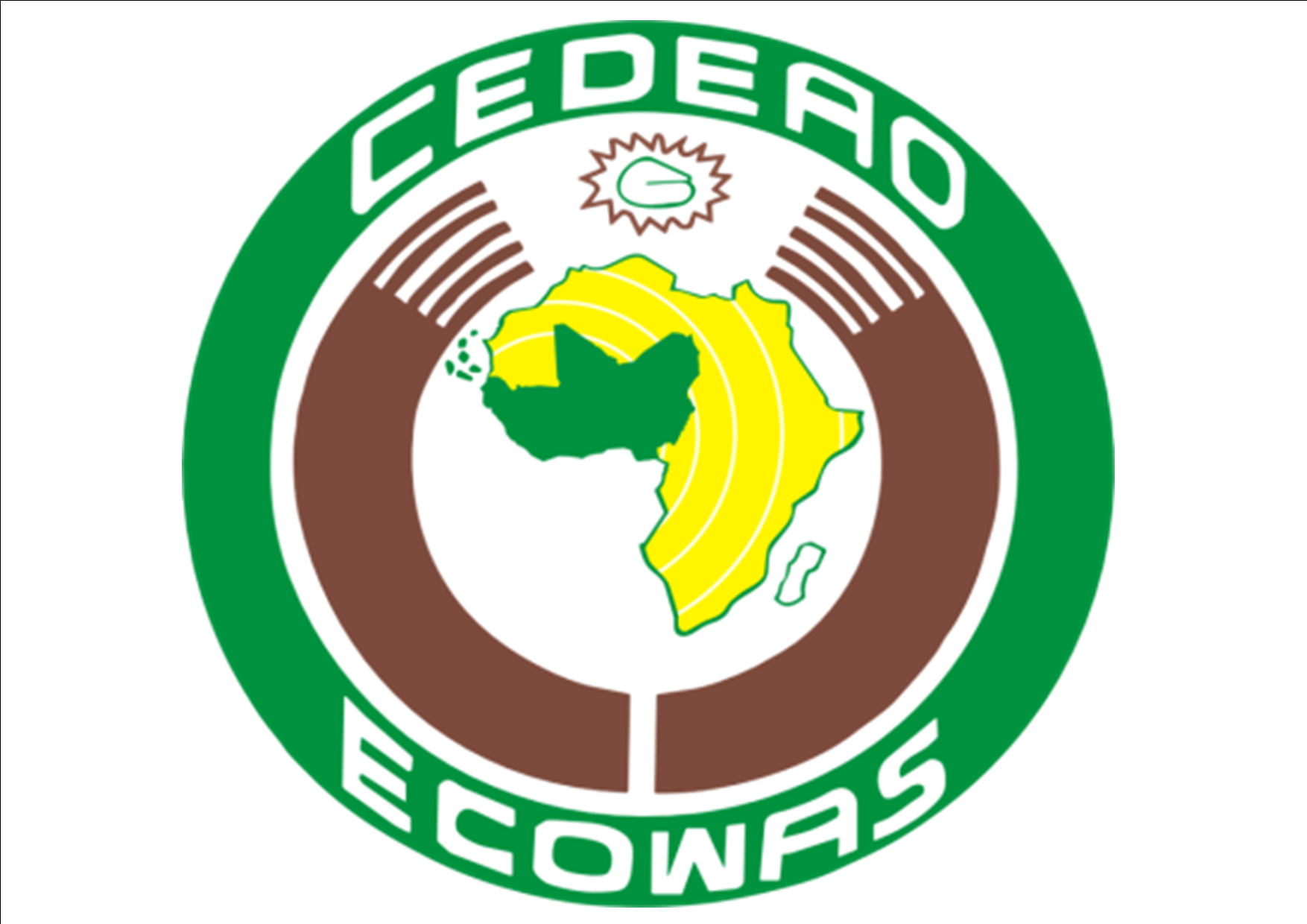West Africa’s regional body has ordered members to close their borders with Mali. Analysts say the junta’s decision to overthrow President Ibrahim Boubacar Keita risks pushing the country deeper into crisis.
The Economic Community of Western States (ECOWAS) has upped the ante in Mali as it urges all its member states to seal their borders with Mali and impose economic sanctions on the country.
The decision comes after a military coup on Tuesday, which overthrew the country’s democratically elected President Ibrahim Boubacar Keita.
The 75-year-old Keita first came to power in 2013 promising to bring peace, stability, and fight graft in Mali. He was re-elected for a second five-year term in 2018.
Read Also: Coup: Jonathan Leads ECOWAS Special Envoy To Mali
West African leaders have suspended Mali from its internal decision-making body — vowed to cut off Mali from the region’s cash flow — and impose sanctions on the military putschists led by Assimi Goita. “Mali is a fragile state and its fragility becomes that more apparent when they are facing a coup,” said Ayo Johnson, an independent journalist specializing in African affairs.
In terms of the economy, the impact is going to be severe, Johnson told DW. “Mali relies heavily on gold. Many of the gold companies have continued to work despite the coup d’état. With the sanctions imposed by ECOWAS, it may be difficult to get out whatever is mined or to sell it.”
According to economists, Mali’s government needs financing for it to meet its obligations. Earlier this year, wives of soldiers protested over delays in the payment of salaries for their husbands who were fighting extremists. A dawn-to-dusk curfew in Mali coupled with a cash crunch due to sanctions “could have a significant adverse effect on the economy.”
Guinea wary of Mali border closure
Landlocked Mali depends on Guinea to ship goods in and out of the port in Conakry. Trade between the two countries has been going on for decades without interruption, until now.
“Mali and Guinea risk losing millions of euros due to the border closure,” Elizabeth Bangoura, an economist in Conakry, told DW. She said she is concerned that the sanctions would lead to a catastrophe in the impoverished country.
“Only the ordinary Malian will suffer,” Bangoura said.
Guinea has 8,000 troops stationed in Mali as part of the UN peacekeeping mission and observers believe Guinea will be at the forefront in case ECOWAS has to use force to reinstate Keita.
DW correspondent Bram Posthumus said he found ECOWAS disproportionately rigid by their swift imposition of sanctions: “Mali has a longstanding tradition of dialogue and compromise, ECOWAS with its very hard stance seems to be preventing this.”
He argued that in the case of Guinea-Bissau, ECOWAS has shown remarkable flexibility. “It is hard to tell where the hardline stance is coming from other than that there have been very good close personal ties between the now-deposed Ibrahim Boubacar Keita, President Roch Marc Christian Kabore of Burkina Faso and Allasane Outarra of Ivory Coast,” Posthumus said.
Will the junta respect the Algiers Agreement?
Mali has struggled to regain stability ever since the 2012 Tuareg uprising that left a power vacuum. Islamist militants linked to al-Qaeda hijacked the Tuareg’s secession movement — and a subsequent coup from the same military base where Tuesday’s coup started — left the country in a crisis it finds itself today.
In 2015, Bamako and the Tuareg leaders signed the Algiers Peace Agreement to end the separatist rebellion. But the agreement has not been fully implemented. “That is what has haunted the presidency because Malians see him as being weak and unable to govern,” Johnson said.
The Tuareg leaders are supporting the coup and have reached out to the junta leadership. For the Tuareg alliance, this is a winning formula, according to the political analyst Johnson.
“They were not happy with President Keita, they were not happy that the M5-RFP movement which they are part of was not being respected — demonstrations needed to take place for the president to realize the nation was in a crisis,” he told DW.
Johnson thinks that the Tuareg alliance now hopes that whatever new power structure is instituted in Mali, will be to their benefit. “But that may not necessarily be the case, it would surprise me that whatever agreements done behind closed doors would be fully implemented or respected by the military.”
For such an agreement to work, it will require the backing of regional and international partners such as ECOWAS, France, the African Union, the European Union, the US, and others. “It is unlikely that they will do so, simply because we have a coup d’état. Without international support, everything is futile.”
NAN
